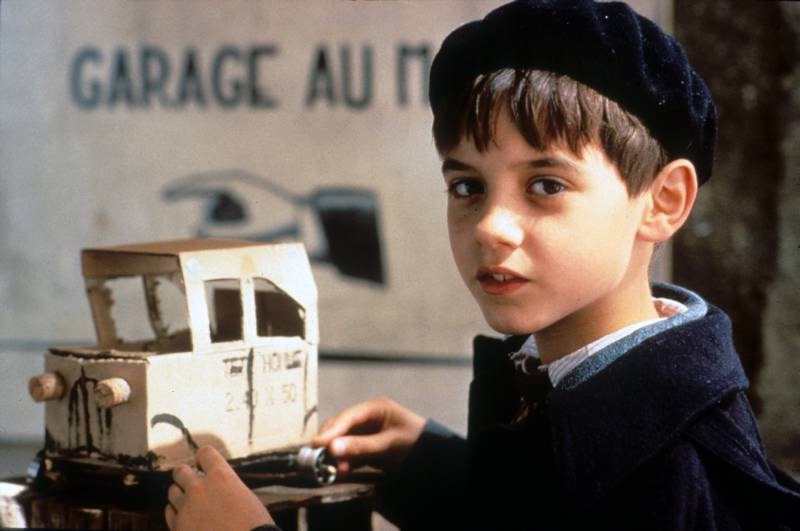
With the advance of technology and more companies than ever doing God’s work restoring films to DVD and Blu-ray, often for the first time, the world of film has never been smaller or more accessible to avid film fans looking to watch every sort movie, from all countries, from every decade. And yet there are still many that remain under the radar in this Information Age.
The following films have, at the time of publishing, less than 1,000 votes on IMDb. While this is not a definitive marker for obscurity, it suggests that the following titles are in need of a larger audience. With any luck, the next time a similar feature is conducted at Taste of Cinema, many of these films will be ineligible.
15. Tall Story (Joshua Logan, 1960)
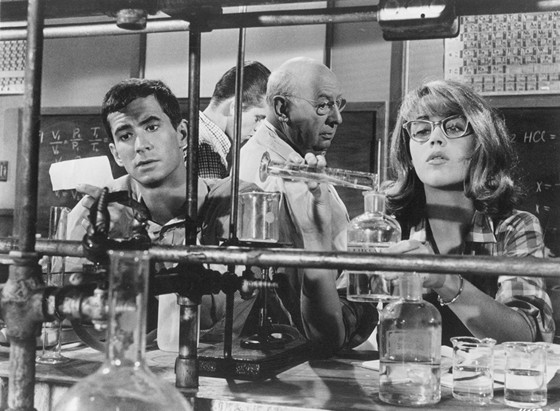
While it’s only the second best film of 1960 featuring Anthony Perkins and a shower curtain, Joshua Logan’s Tall Story is a charming college comedy in which June Ryder (Jane Fonda in her first role) attends Custer university in order to woo its star basketball player, Ray Blent (Perkins). Everyone loves him (‘This boys means more to me than my own son!’ his coach declares) but not as much as June who pursues him relentlessly.
With 2018 eyes its story is admittedly dated – especially compared to Billy Wilder’s acerbic The Apartment released in the same year – but it’s propped up by two fantastic leads, particularly Jane Fonda whose character’s infatuation with the man of her dreams is irresistibly charming.
Tall Story has more up its sleeve with a welcome tone shift in the second half that allows Ray Walston and Marc Connelly (playing two professors at the college) to shine alongside its beautiful leading actors.
14. My Way Home (Miklós Jancsó, 1965)
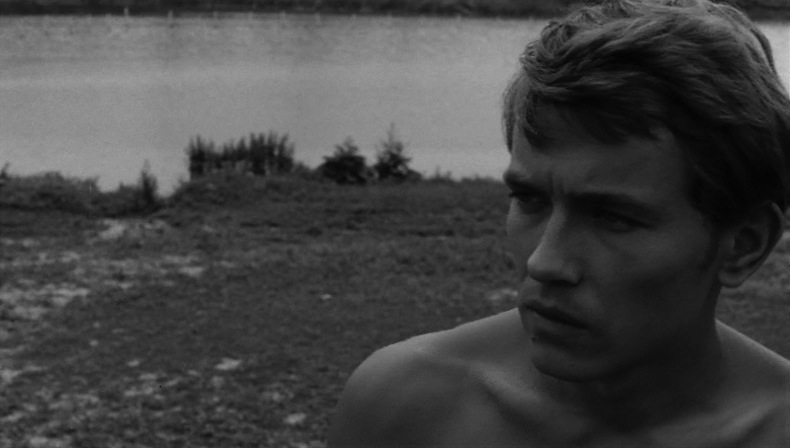
If you didn’t know that My Way Home was the work of Miklós Jancsó going in, it would become clear within a few scenes. The Hungarian’s stamp is all over this World War II drama about friendship beyond borders: the indiscriminate violence in war time in which ‘good’ and ‘bad’ is not always clear; wonderfully fluid camerawork; scenes that go on unbroken for minutes; tracking shots that follow characters in one direction before changing course to follow a new person of interest.
Jancsó is able to fashion complex scenes with elegance, creating stunning compositions that never feel like long takes for the purpose of showing off. One year before The Round-Up and two years prior to the masterful The Red and the White, My Way Home is a fine early effort from a director whose finest moments were still to come.
13. Her Story (Sydney Freeland, 2016)
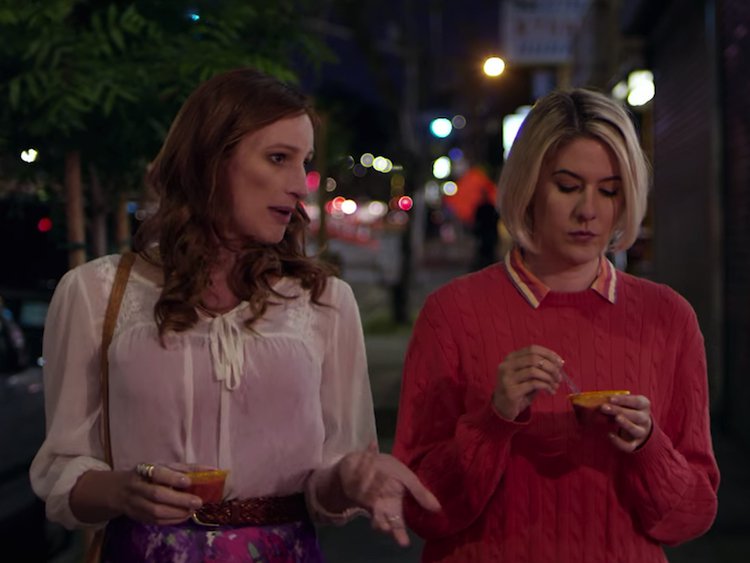
One of the most important functions of cinema is as a window into other walks of life. Originally released online as a six-part series, Her Story has since seen a small theatrical run as a 60-minute feature.
It is as much a story for trans people as it is about trans people – presenting trans womens’ navigation through love and worklife in Los Angeles in a way devoid of judgment or crass stereotyping. Each character feels fully formed and empathetic – these women, just like every character in every other romantic comedy/drama, want to be seen and appreciated.
Sydney Freeland affords her characters this visibility with delicacy and tenderness. Her Story deserves wider recognition so that trans women might find themselves tastefully represented, and that non-trans people may better understand life in their shoes.
12. Warrendale (Allan King, 1967)
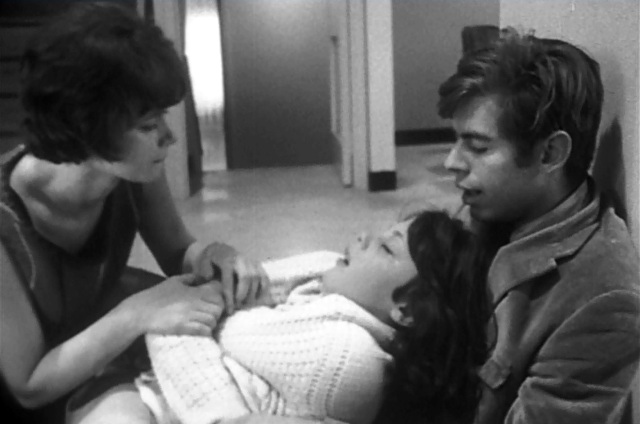
The opening ten minutes of Allan King’s raw, uncompromising documentary shows the monumental struggle to get a girl, committed to the Warrendale facility for troubled children, out of bed. The two adults employ a containing strategy, holding the child in place to get her up and mobile (they are admonished for this well-meaning but counterintuitive holding technique later by a superior).
King shoots with a distant curiosity, emphasising the toll it takes on all parties involved. After more grappling, one of the carers observes exhaustedly: ‘It’s morning time, Carole.’ Daily life inside Warrendale is arduous – King resists documentary tropes such as title cards or one-on-one interviews, allowing the humanity of the children and their struggles to come to the fore with painful, untampered honesty.
11. Mr. Thank You (Hiroshi Shimizu, 1936)
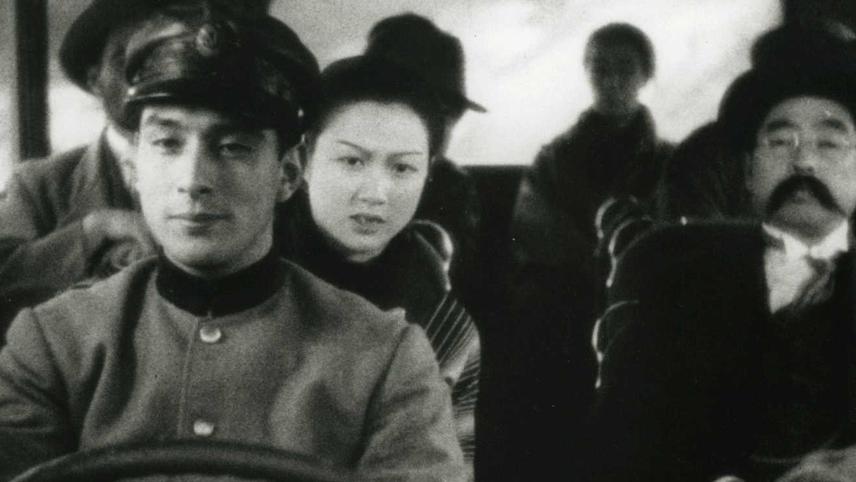
Known for his exclamations to pedestrians that make way for his bus, Mr. Thank You smiles and nods his way from rural Japan to Tokyo, picking up passengers all set for the capital, each with their own ideas of what the big city might bring them. Shimizu made a career out of brief, delightful films that warm the heart.
What makes Mr. Thank You a particularly interesting entry on his resume is that despite the joviality, there is a melancholic undercurrent that stops Mr. Thank You from feeling too saccharine. Some of the passengers – a timid young girl, accompanied by her mother, who is to be sold as a maid, for instance – are a reminder of the climate in depression-era Japan as a families did what they could to keep their heads above water. Poetic and lyrical.
10. Manuel on the Island of Wonders (Raúl Ruiz, 1984)
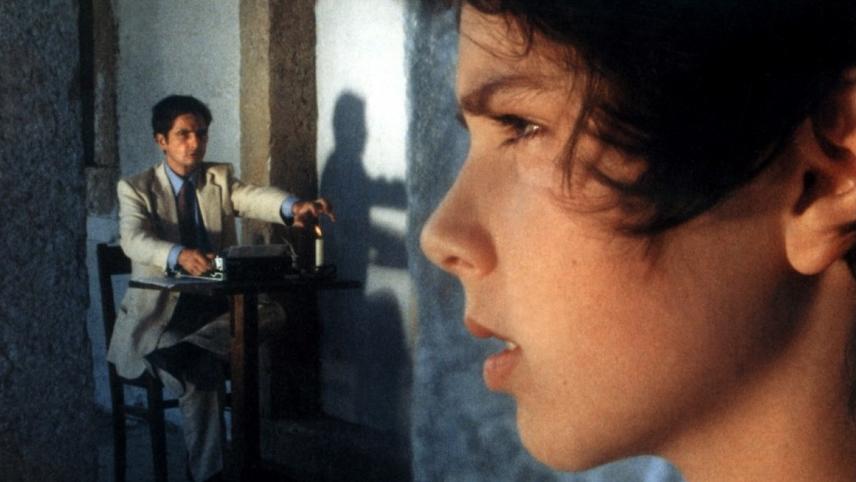
It’s mad to think a television network commissioned the enigmatic Raúl Ruiz to make a three-part children’s show – you have to think what sort of due diligence was carried out before handing him freedom to make whatever he wanted. Manuel on the Island of Wonders follows a young boy as he travels back and forth in time, attempting to fix tragedies that befall him.
For the first part of his mini-series, Manual on the Island of Wonders is uncharacteristically coherent. But the director slowly and gradually injects it with more Ruiz-isms until, by the third act, Manuel on the Island of Wonders becomes an alluring bedtime story where the delineation between reality and fantasy – normally established in children’s tales – becomes blurred beyond distinction, producing moments as hallucinatory as anything in the Chilean’s career.
9. Sink or Swim (Su Friedrich, 1990)
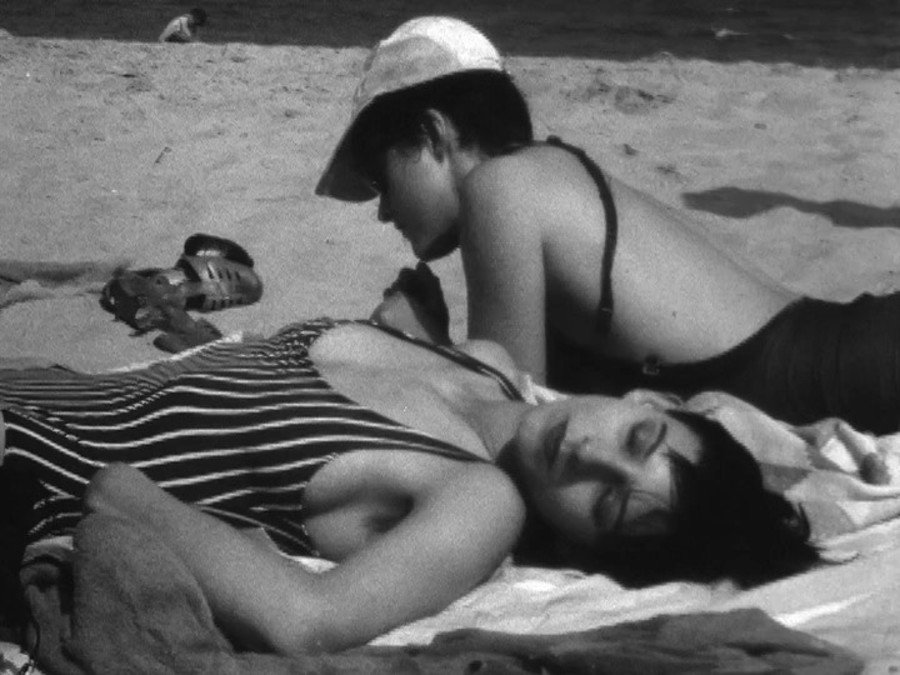
Su Friedrich exposes herself to the world in this 48 minute diary of her childhood, broken down into 26 short stories of formative experiences, particularly Friedrich’s complex relationship with her father and the quest for his approval.
It cuts a fine balance between whimsy and sadness. In one episode, a young narrator recites a story about mermaids on the River Nile against video of a street overflowing with water – children have a brilliant capacity to see wonder in the mundane and Friedrich is sensitive to that.
In another episode, the narrator observes a chess match between Friedrich and her father, a game in which student finally overcomes teacher. She would never get another game with him for this transgression. The wounds from her childhood are made fresh once again in this deeply personal and abstract document.